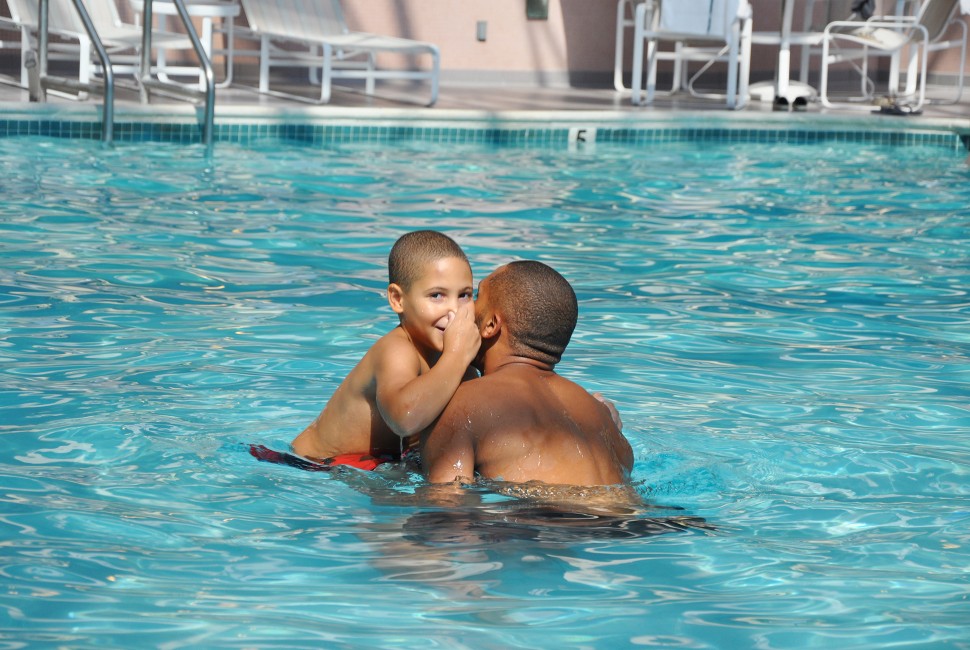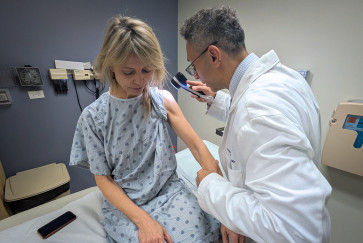Black children drown in swimming pools at rates more than seven times higher than white children, according to the Centers for Disease Control and Prevention (CDC). But a new study suggests safety programs and better access to pools could help bridge that gap.
In a survey from Ann & Robert H. Lurie Children’s Hospital published Dec. 9 in journal Pediatrics, fewer parents who identified as Latine and Black reported comfort with their own swimming skills — less than 25 percent and 28 percent, respectively — compared to white parents, at 56 percent. Similarly, less than 33 percent of Black parents and less than 40 percent of Latine parents affirmed their children’s swimming competence, compared to nearly 60 percent of white parents.
“We need to address swim comfort and skills for both parents and their children,” said senior author Dr. Michelle Macy, an emergency medicine physician at Lurie Children’s and associate professor of pediatrics at Northwestern University Feinberg School of Medicine. “Expanding access to pools and affordable, culturally tailored water-safety programs are critically important strategies to help eliminate racial disparities in child drownings."
The survey also revealed that more than 26 percent of Black parents and more than 32 percent of Latine parents reported never having learned to swim, compared to less than 4 percent of white parents. Likewise, fewer Black and Latine children had swimming lessons compared to white children by a wide margin.
“Our results underscore that racial and ethnic gaps in swimming competence run in families, and that children are less likely to swim when their parents can’t swim,” Macy said.
The survey used the Voices of Child Health in Chicago Parent Panel to ascertain parent and child experiences with swim lessons and swimming skills. Macy and colleagues analyzed responses from 1,283 parents of 2,148 children aged four years and older. Participants represented the racial and ethnic diversity of Chicago.
Research at Ann & Robert H. Lurie Children’s Hospital of Chicago is conducted through Stanley Manne Children’s Research Institute, which is focused on improving child health, transforming pediatric medicine and ensuring healthier futures through the relentless pursuit of knowledge.


